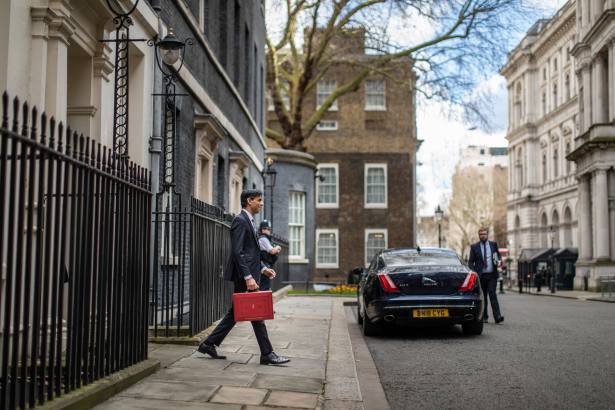HMRC will also be given additional compliance officers and technology to do collect these taxes.
But Fiona Fernie, partner at Blick Rothenberg calls the commitment to tax evasion a “throw away line”.
Ms Fernie says: “The government’s funding to clampdown on avoidance and evasion and raise £4.4bn is welcome but was almost a throw-away line.”
She adds: "At the moment a huge amount of funding is wasted by HMRC’s ‘scatter-gun approach’ in investigating potential tax losses.”
George Bull, senior tax partner at RSM UK says: “The Treasury hopes that, by adding 1,300 staff to HMRC’s operational teams and by giving them new powers, an extra £4.4 billion of revenues will be collected over the next five years.
He explains, while HMRC has made inroads into the tax gap over the years, its progress has been hampered by a lack of resources.
“Additional resource could reduce evasion and non-payment, although the financial shock of the Coronavirus will mean that HMRC will have to agree extended payment arrangements with honest businesses whose cashflow is being damaged as revenues plunge because of Covid-19,” he adds.
National Insurance
The chancellor announced that the national insurance threshold will be increased from April; meaning that taxpayers will pay national insurance on earnings over £9,500, up from £8,632 at the moment.
The raising the NI threshold will benefit employees currently earning more than £9,500. Each [person] will benefit from an NI reduction of £104 per year, just £2 per week,” says Mr Bull.
He explains that in addition, low-paid workers who do not earn enough to pay (national insurance contributions) NIC will not lose out on NI credits to help fill gaps in their NI record and so protect their entitlement to certain benefits, including the state pension.
“Because the upper earnings limit will not increase from the current £50,000 per annum the saving for the highest earners will be the same,” he adds.
The Budget also announces reforms to the intangible fixed assets regime to reinforce the attractiveness of the UK as a place for businesses to own and manage intellectual property, a review of the UK funds regime, as well as an industry working group on the future of VAT and financial services.
saloni.sardana@ft.com







